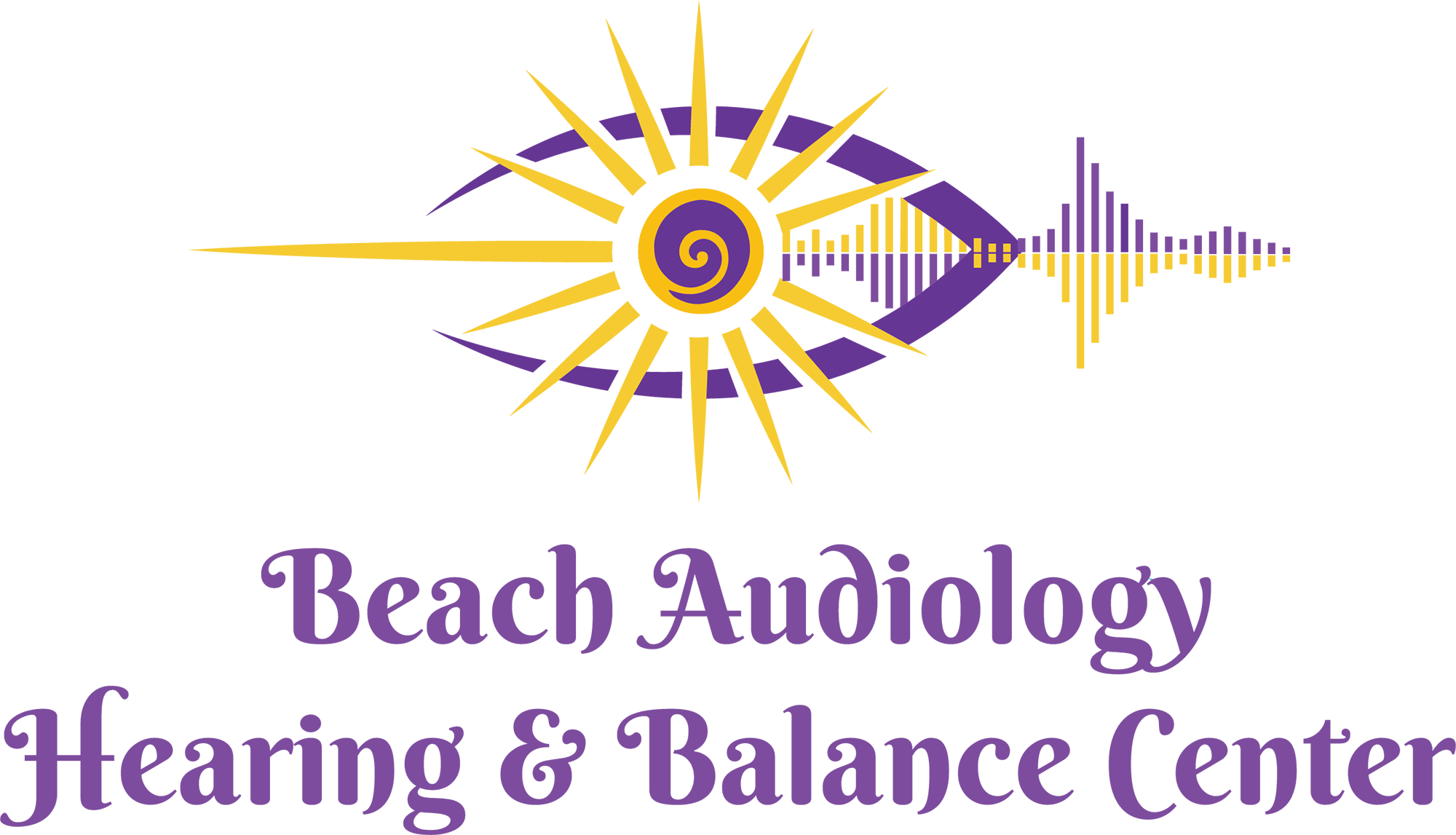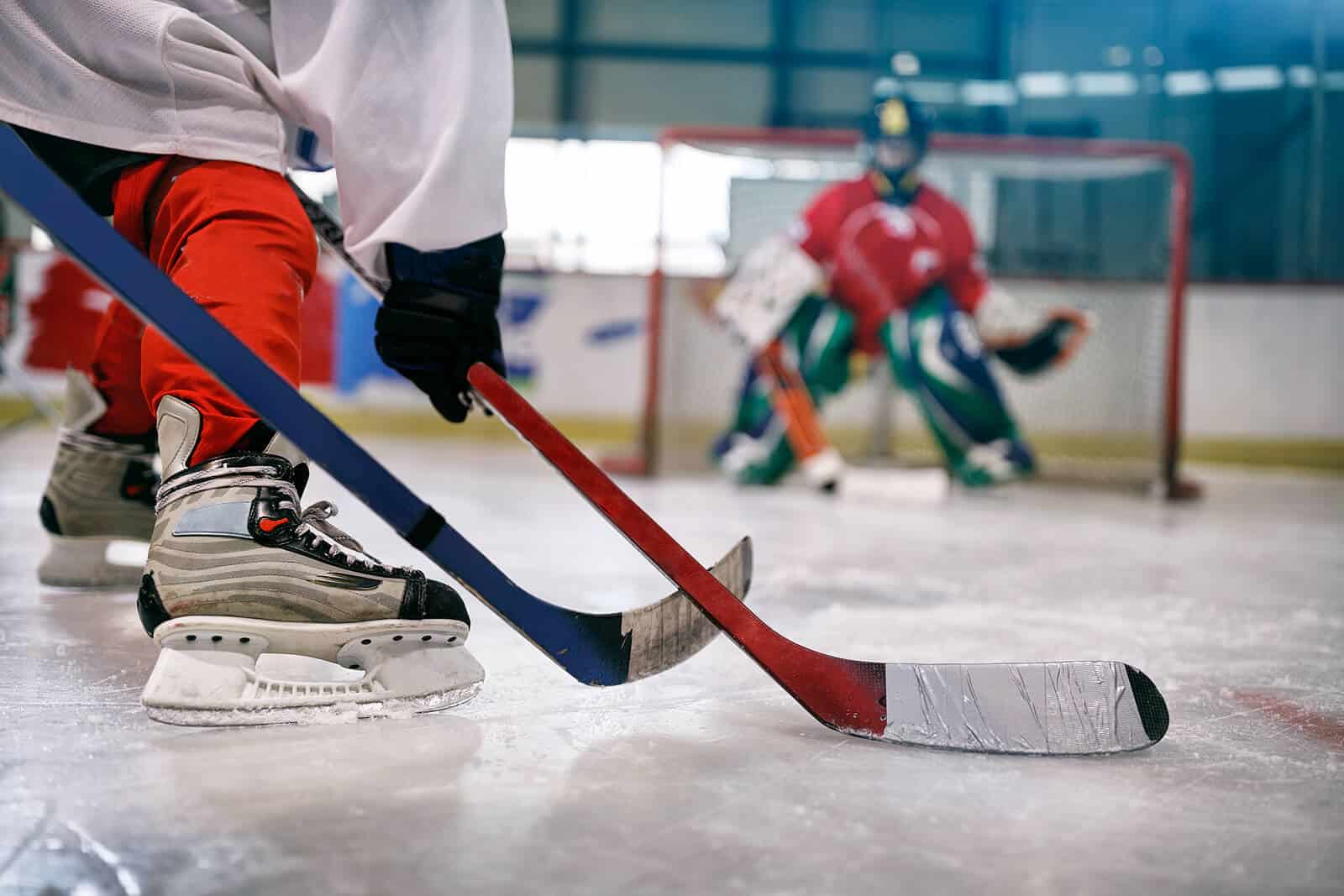Playing sports is a fantastic way to stay fit, make friends, and enjoy life. For those with hearing loss, having the right hearing aids can make this experience even more rewarding. However, there are steps that need to be taken to ensure you can enjoy sports safely and comfortably with your hearing aids. We will help you understand how to balance hearing health and sports, so let’s jump right in!
Understanding Your Hearing Aids
Different hearing aids have various features and capabilities. Some are water-resistant, while others may have Bluetooth functionality. Knowing what your hearing aids can and cannot do will help you make better decisions when preparing for sports activities.
Understanding battery life is equally important. Consider how long your hearing aid batteries last and plan to carry spares if needed. Familiarize yourself with how to change the settings to adjust for different environments, as this can make a big difference in your overall experience.
Pre-Sport Preparations
Before you hit the court, field, or track, a bit of preparation can go a long way. First, make sure you have a recent hearing health exam. This will ensure that your hearing aids are calibrated correctly and functioning optimally.
Next, think about the specific requirements of your chosen sport. For example, contact sports like football or basketball might require additional protection for your hearing aids.
Protecting Your Hearing Aids
Water and sweat can be an enemy of hearing aids, so protecting them should be a top priority. Many hearing aids are designed to be water-resistant, but it’s still a good idea to use additional protective measures, such as hearing aid sweatbands or covers. These accessories help to block moisture and make your hearing aids last longer.
In contact sports, it might be beneficial to look into custom ear molds. These can provide an added layer of protection and help keep your hearing aids securely in place. It’s always good to consult your hearing health professional for specific advice tailored to your hearing aids and sport.
Communicating Effectively
Communication is key in any team sport. Before the game starts, let your coach and teammates know about your hearing aids and any accommodations you might need. This helps them understand that you might need visual cues or gestures to stay in sync during the game.
You might also consider using assistive listening devices (ALDs). These devices can be particularly useful in noisy environments. Some hearing aids come with built-in microphones or can work with external microphones to enhance the sound quality, making communication smoother and more efficient.
Maintenance and Care
Proper maintenance of your hearing aids is essential for ensuring they work when you need them the most. After playing sports, take a moment to clean your hearing aids. Remove any sweat or debris with a soft, dry cloth. For more thorough cleaning, follow the manufacturer’s instructions.
Also, make it a habit to store your hearing aids in a dry, safe place when not in use. Some people find that using a dehumidifier specifically designed for hearing aids can extend their device’s lifespan. Regular maintenance checks by a professional will help keep your hearing aids in top condition.
Staying Safe and Healthy
Your overall health can affect your hearing, so a balanced lifestyle is important. A nutritious diet, regular exercise, and adequate sleep will contribute to your well-being, including your hearing health. Remember that your hearing aids are tools to help you live your best life, and taking care of them ensures they work effectively. If you ever feel discomfort or notice changes in your hearing, don’t wait to seek professional advice.
Conclusion
Playing sports with hearing aids is not only possible but can also be a highly enjoyable experience. Understanding your hearing aids, preparing adequately, protecting your devices, communicating effectively, maintaining them properly, and staying healthy all contribute to a safer and more fulfilling athletic experience. With these steps, you can confidently dive into your favorite activities, knowing you are well-equipped to handle them.

